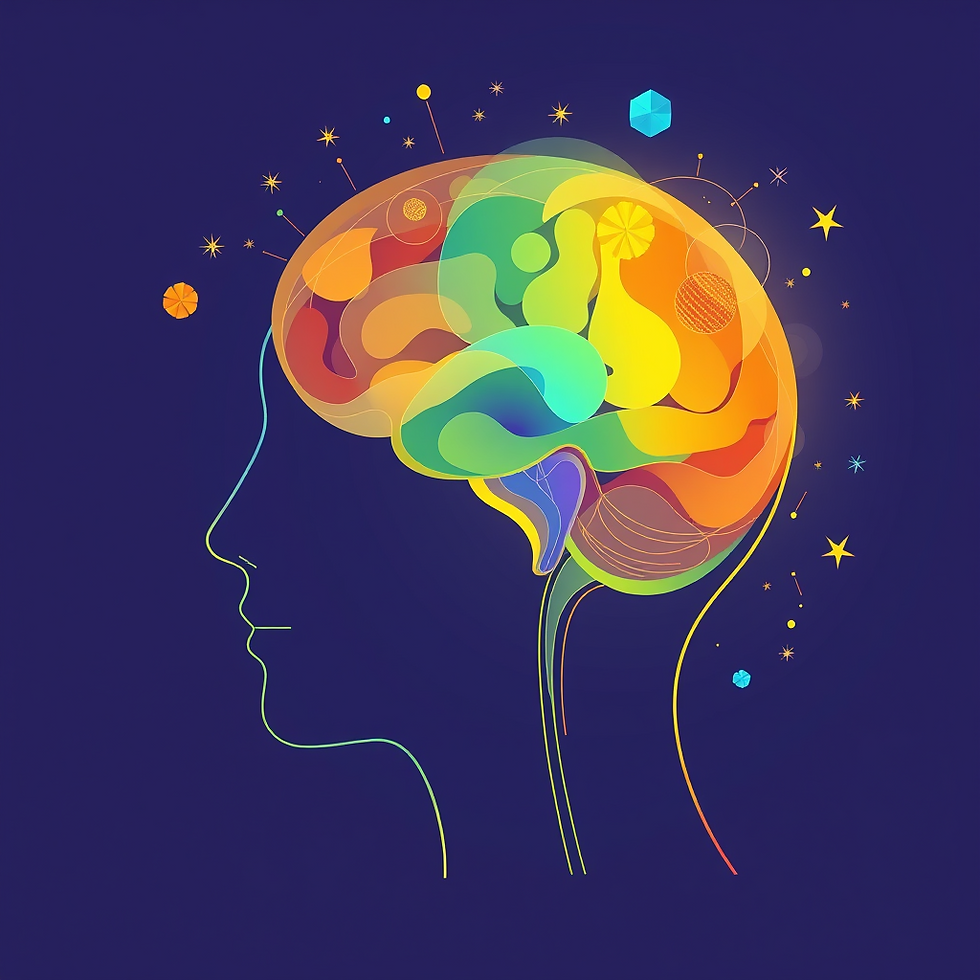Paradigm 🌀What is depression and what can cause it?
- Kat Usop

- Jan 9, 2023
- 1 min read
Updated: Mar 19, 2023
Depression is a mental condition characterized by persistent feelings of sadness, hopelessness, and a lack of interest in activities. It can also cause physical symptoms such as changes in appetite and sleep patterns, fatigue, and difficulty concentrating. Depression is a common and serious disorder that can interfere with a person's daily life, relationships, and overall functioning. It is important to seek treatment for depression, as it can be managed with therapy, medication, or a combination of both.
There is no single cause of depression, and it is likely that multiple factors contribute to the development of the disorder. These factors may include:
Genetics: Depression can run in families, suggesting that there may be a genetic component to the disorder.
Brain structure and function: Research has shown that there are differences in the brains of people with depression, including differences in brain structure and the way certain chemicals (called neurotransmitters) function.
Life events: Stressful life events, such as the death of a loved one, a divorce, or financial problems, can trigger depression in some people.
Medical conditions: Certain medical conditions, such as an underactive thyroid or vitamin deficiency, can cause symptoms of depression.
Substance abuse: Substance abuse can lead to or exacerbate depression.
It is important to note that depression can occur for no apparent reason, even in people who seem to have good lives.
Let's shed light upon the world of the mind.
Found this valuable? Subscribe for more



Comments